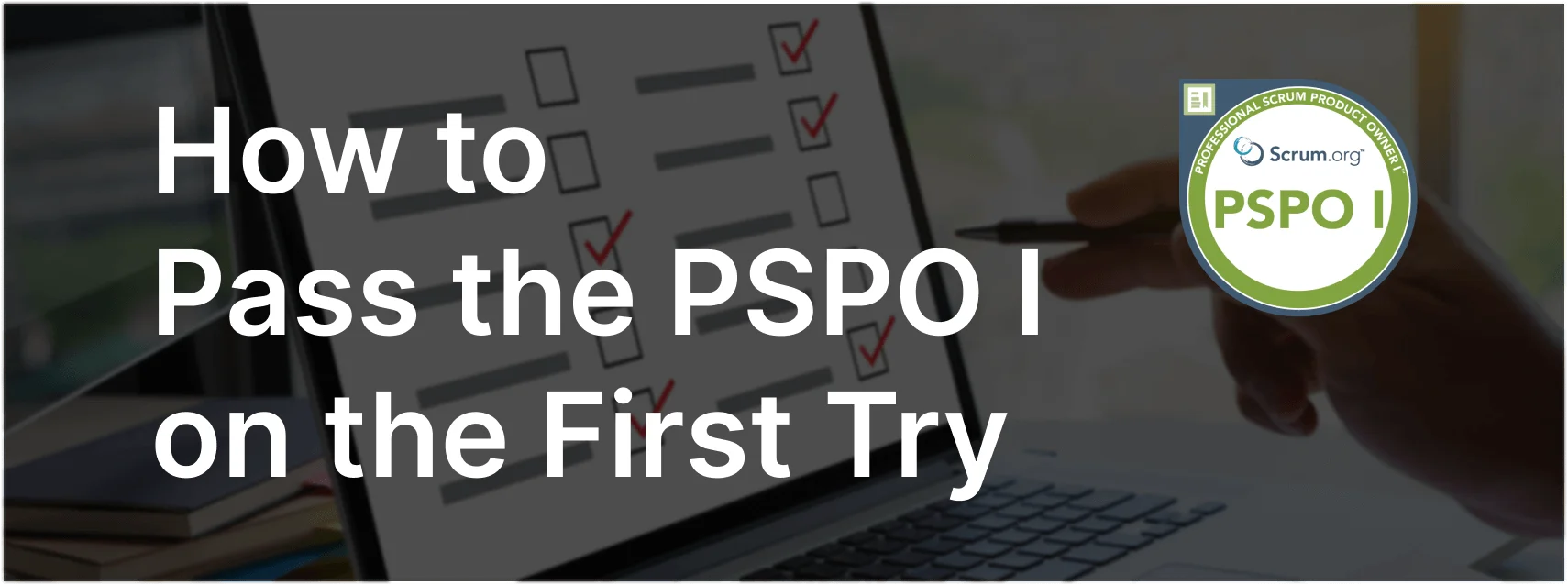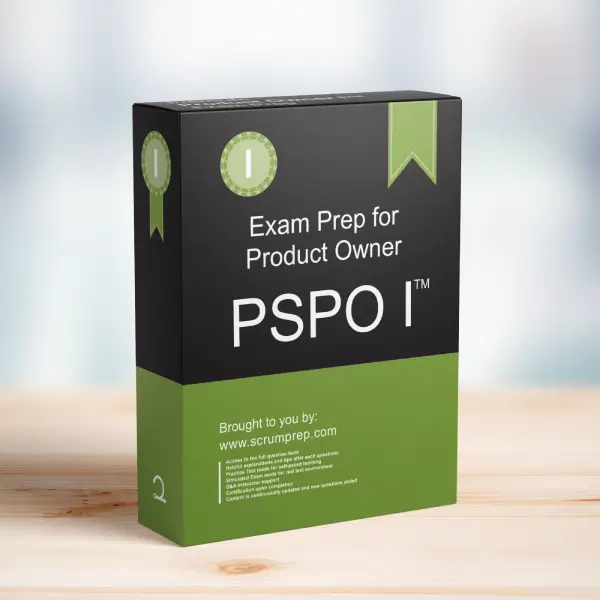Developer Self-Management in Scrum
In Scrum, Developers are self-managing, which means they have the autonomy to make decisions about their work and how they accomplish it. This article explores what aspects of the Scrum process the Developers manage and how this self-management contributes to the success of the Scrum Team.
Exam Question
Developers are self-managing, which of the following do they manage?
(choose the best answer)
A. Sprint Backlog.
B. Sprint length.
C. Product Backlog ordering.
D. Stakeholders for the Sprint Review.
E. When to release, based on its progress.
Correct Answer
A. Sprint Backlog.
Explanation
Correct Answer
A. Sprint Backlog:
The Sprint Backlog is managed by the Developers. It consists of the Product Backlog items selected for the Sprint, plus a plan for delivering the product Increment and achieving the Sprint Goal. Developers self-organize to determine how they will accomplish this work within the Sprint.
Incorrect Answers
B. Sprint length:
The length of the Sprint is determined by the Scrum Team as a whole and is typically consistent across Sprints. It is not managed solely by the Developers.
C. Product Backlog ordering:
Ordering the Product Backlog is the responsibility of the Product Owner, not the Developers. The Product Owner orders items based on value, dependencies, and other factors.
D. Stakeholders for the Sprint Review:
While the Developers may interact with stakeholders, it is primarily the Product Owner’s responsibility to engage with stakeholders and ensure their feedback is incorporated.
E. When to release, based on its progress:
The decision to release is typically a collaborative decision involving the Product Owner, who ensures that the release aligns with the business strategy and provides value to stakeholders.
Responsibilities in Scrum
- Product Owner: The Product Owner is responsible for maximizing the value of the product and managing the Product Backlog. They order the items in the Product Backlog based on business value and stakeholder needs.
- Scrum Master: The Scrum Master ensures that Scrum is understood and enacted. They help the Scrum Team to understand and adhere to Scrum practices and principles, and they facilitate Scrum events as needed.
- Developers: The Developers are responsible for creating a usable Increment each Sprint. They manage the Sprint Backlog, select items from the Product Backlog for the Sprint, plan the work needed to meet the Sprint Goal, and self-organize to determine the best way to achieve the desired outcomes.
Relevance to the PSPO I Exam
Understanding the scope of self-management for Developers is crucial for the PSPO I exam. It highlights the distinction between the roles within a Scrum Team and clarifies the responsibilities of the Product Owner, Scrum Master, and Developers. This knowledge is essential for effective Scrum implementation and for ensuring that each role is fulfilling its specific duties.
Key Takeaways
- Developers manage the Sprint Backlog, selecting items from the Product Backlog and planning their work to meet the Sprint Goal.
- The Product Owner is responsible for ordering the Product Backlog to maximize value.
- The Scrum Master supports the team in maintaining focus and adherence to Scrum principles.
- Self-management empowers Developers to make decisions about how to accomplish their work within the Sprint.
Conclusion
Self-management is a core principle of Scrum that empowers Developers to take ownership of their work and make decisions on how best to achieve the Sprint Goal. By understanding the distinct responsibilities of each role within the Scrum Team, you can better appreciate how Scrum promotes collaboration and continuous improvement. For more information on preparing for the PSPO I exam, visit our PSPO I Exam Prep.



